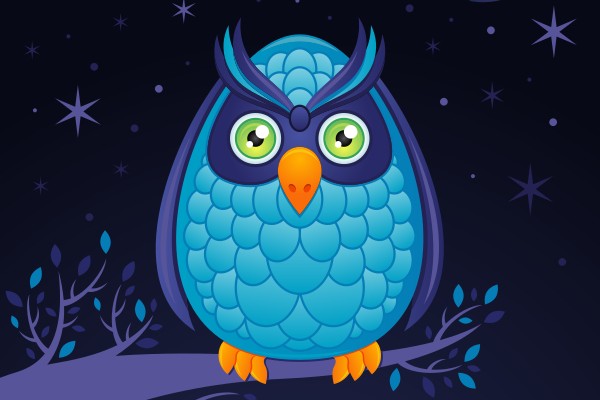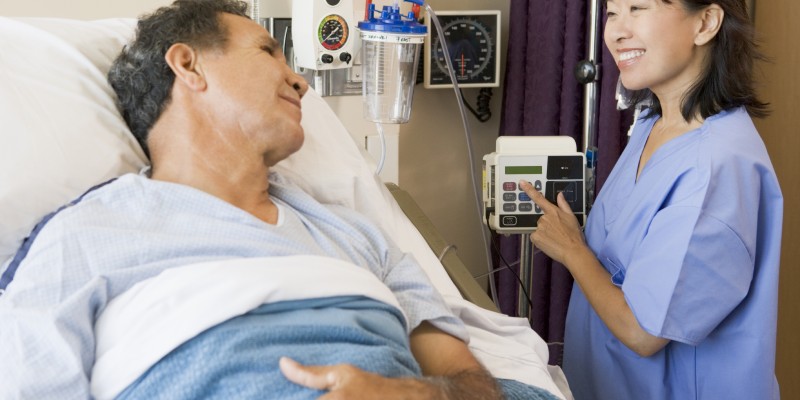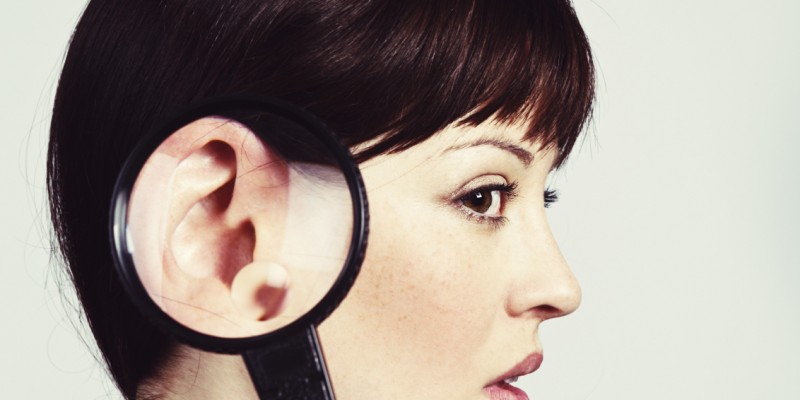
Early Bird or Night Owl?
By Naomi Sheehan
The “early to bed, early to rise” mantra suggests that early risers are healthier, wealthier, and wiser. Our 24-hour economy, however, requires all types, meaning the morning larks and night owls alike can find careers that capitalize on when they feel most alert.
Most jobs are in the 9-to-5 mold, and research suggests that about half of the population are neither true morning nor evening types. These middle-of-the-roaders can adapt fairly well to most work schedules. But about a quarter of the population functions best in the evening, and another quarter function best in the early morning.
How the biological clock is wound
Sleep preferences aren’t simply lifestyle choices. Numerous studies suggest that what makes someone a “morning person” or a late-nighter is a complicated mix of social situation, personality, age, and genetics.
“It’s a physiological characteristic that’s genetically predetermined, like being tall or blond,” Carolyn Schur, author of Birds of a Different Feather: Early Birds and Night Owls Talk About Their Characteristic Behaviors, explained on job site Monster.com.
Scientists call sleep patterns circadian rhythms. These rhythms affect brain activity, hunger, body temperature, and much more. So while they can be adapted to meet life’s demands, sleep preferences are strongly biological.
Almost all living things, from microbes and insects to plants and animals, have circadian rhythms. This internal clock is responsible for the grogginess of jet lag or trouble adjusting to daylight savings time.
As researchers discover more about human genetics and how the brain works, some secrets of sleep have come to light. In 2003, for example, scientists discovered a “clock gene” that was longer in early risers than in late-night types. This genetic difference is called a “chronotype.” (Chrono- is Latin for time.) It designates how your clock is wound, so to speak.
Nerve cells in the mid-brain behind your eyes control the 24-hour cycle of wakefulness and sleepiness, scientists have also found. According to Donna Arand, clinical director of the Kettering Sleep Disorders Center in Dayton, Ohio, this sleep control center is a major influence on how the rest of your body works.
“The circadian pacemaker has multiple projections in the brain affecting endocrine cycles, hormone cycles – pretty much everything about your body,” Arand told LiveScience.
Syncing up with work
Trying to adapt to a work schedule that doesn’t sync with your natural sleep pattern can be agonizing. It can cause friction in the workplace, with night owls accused of laziness in the mornings or the morning larks considered slackers in the afternoon.
Studies show that the out-of-sync lifestyle also contributes to health problems like chronic fatigue, depression, and more frequent bouts of illness.
Technology has allowed for some changes in work schedules, including a rising proportion of the workforce that performs some work tasks at home. According to the Labor Department, in 2014, about one in four workers, 23 percent, said they “did some or all of their work at home.” That’s up from 19 percent
in 2003.
Unfortunately, many work situations are not highly flexible. For true early birds and night owls, the best solution is to pick a career that syncs with their natures. There are plenty of jobs that start at the crack of dawn, and others that only get in gear at sundown.
What occupations best accommodate your circadian rhythms? Take the quiz on page 9
to find out.
Box:
Learn more:
National Institutes of Health factsheet on circadian rhythms: https://nigms.nih.gov/education/pages/factsheet_circadianrhythms.aspx
Take the Automated Morningness-Eveningness Questionnaire to find out your own circadian rhythm type: http://cet-hosting.com/limesurvey/?sid=61524
Researchers have uncovered connections between circadian rhythms and depression, diabetes, and other health issues over the years.
LiveScience explains some of the findings: http://goo.gl/aMszmU
The Bureau of Labor Statistics’ American Time Use Survey explains how people spend their time: http://bls.gov/tus/
Monster.com offers tips on negotiating for a flexible work schedule: http://goo.gl/dmB2wZ
QUIZ
Dawn, Dusk… or Daytime?
Discover what occupations might be a good fit for you by assessing your own “morningness” or “eveningness”:
1. You have to get up at 6:30 a.m. How much do you depend on an alarm to wake you?
A. Not at all – I’m wide awake before the alarm.
B. Somewhat – I wake fairly easily with an alarm.
C. A great deal – The snooze button takes a beating.
2. On weekdays, you have to wake at 7 a.m. It’s Saturday morning and you have no plans for the day. What time do you get up?
A. 7 a.m. or earlier.
B. Around 9 a.m.
C. 10 a.m. or later.
3. You have to exercise for an hour twice a week. Your friend says 11 p.m. is the best time for her. How would exercise at that time feel for you?
A. Like torture – I’m a zombie at that hour.
B. I could manage, but wouldn’t be at my best.
C. Bring on the bench press!
4. It’s 8 a.m. Which activity would you be doing if it were entirely up to you?
A. Working on a project.
B. Drinking a cup of coffee and planning out the day.
C. Sleeping.
5. You are assigned a two-hour guard detail beginning at 4:30 a.m. Do you:
A. Go to bed in the early evening and stay up from 4 a.m. on.
B. Go to bed at 11 p.m. to get some sleep before your shift, then nap later in the morning.
C. Stay up through the shift and sleep afterward.
Results:
For every A answer, add 1 point
For every B answer, add 2 points
For every C answer, add 3 points
5-7 points = Morning
8-11 points = Mid-day/flexible
12-15 points = Evening
Compatible career fields
Morning: Farmers and ranchers, utilities workers, and maintenance technicians all typically begin their days bright and early. Agricultural workers get a jump on the daily tasks before daybreak. According to the Bureau of Labor Statistics, one-third of engineers and more than half of construction workers are on the job by 7 a.m.
Mid-day/flexible: The ability to fire on all cylinders during peak business hours is a definite career advantage. Every industry – from retail, business, banking and finance, to education, healthcare, and manufacturing – requires a 9-to-5 workforce.
Evening: There are plenty of jobs for night owls. Reporters, police officers, warehouse and transportation workers, and medical professionals are busy at all hours of the night. Many professionals in creative fields like arts and entertainment work better in the evening. And restaurants, hotels, and establishments like beauty salons commonly see the highest volume of business in the evening hours.






